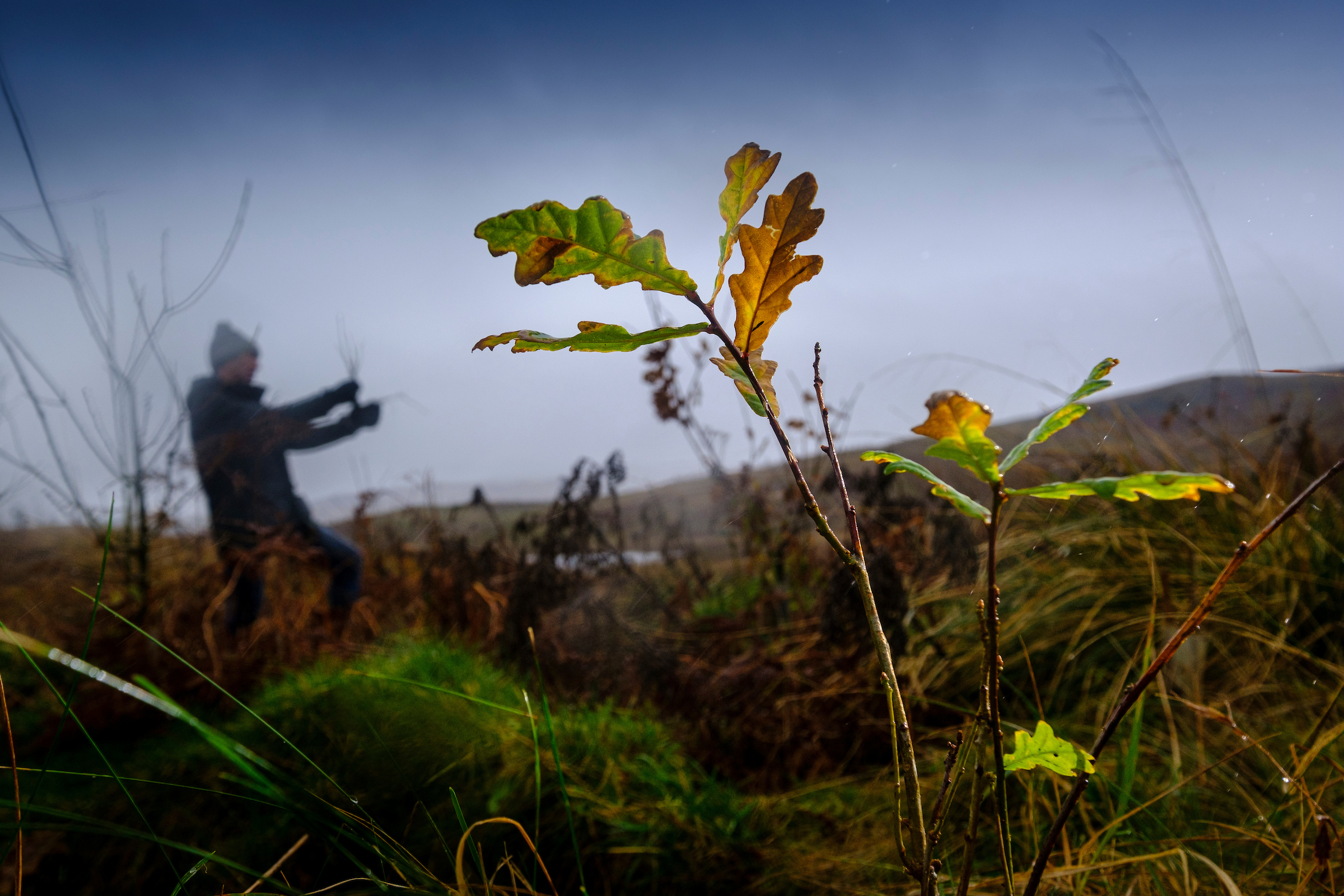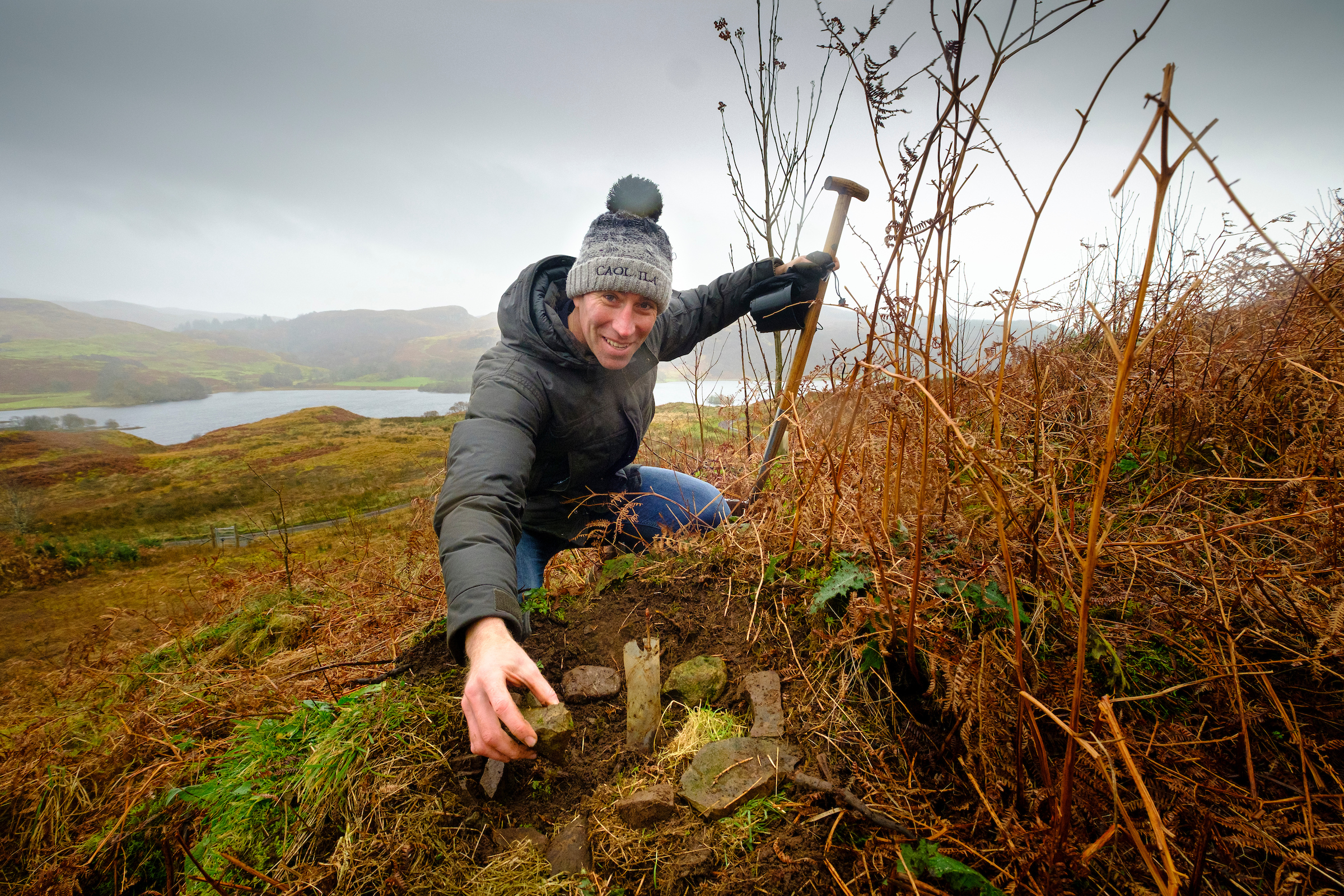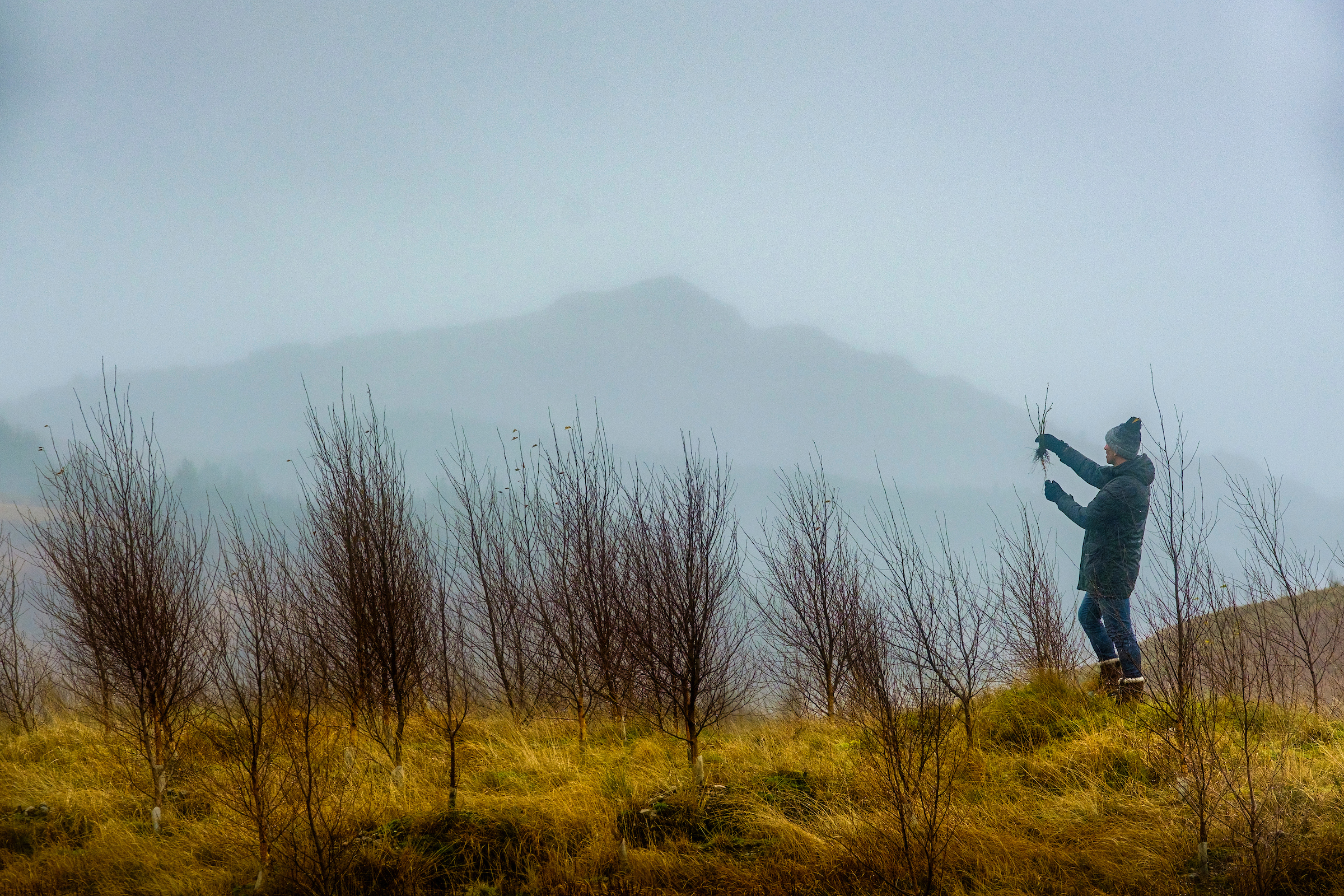
ONE million trees are to be planted across the country by Scotch whisky distillers Johnnie Walker.
The initiative will span the country and hopes to see the saplings bedded in before 2025.
The announcement comes as part of an ongoing commitment from the brand to reduce its carbon footprint.
Julie Bramham, Global Brand Director for Johnnie Walker, said: “Scotland is our homeland.
“It is where our journey began 200 years ago and it’s at the heart of everything that makes our whiskies so special.

“As we throw open the doors to the next 200 years of our journey, we want to take positive strides forward to nourish and protect the wild Scottish landscapes and pristine natural resources that have shaped our whiskies for generations.”
389,000 of the one million tress have already been planted near two distilleries in the Highlands.
Over the lifetime of the project, the trees are anticipated to absorb over 69,000 tonnes of C02 – the equivalent of taking 10,500 flights around the world or driving almost half a million times from London to Edinburgh.
Ewan Andrew, Diageo Chief Sustainability Officer, added: “We are committed to a decade of action to create grain-to-glass sustainability in our business and I am delighted that Johnnie Walker is leading the way for Scotch whisky.

“The million trees we are planting with our partners across Scotland will create wonderful biodiverse woodlands that are havens for wildlife and accessible for people to visit and enjoy in the years and decades to come.”
At Ballygowan, near Oban distillery, native birch, oak, wild cherry, willow and hazel trees have all been planted, includinga new tree dedicated to every one of Diageo’s 28,000 employees.
The move has also been welcomed by environmental group Trees for Life.
CEO Steve Micklewright said “Rewilding is an investment in a future in which wildlife can flourish and communities can thrive. Johnnie Walker’s contribution to the Trees for Life Allt Ruadh project exemplifies this approach.
“Their support recognises the critical part our wild places play in restoring nature, reversing the climate and biodiversity crises and ultimately creating a landscape in better health for future generations.”
